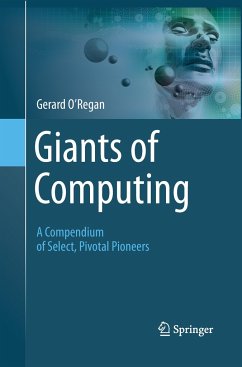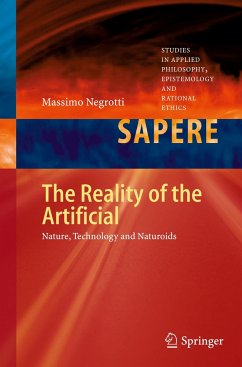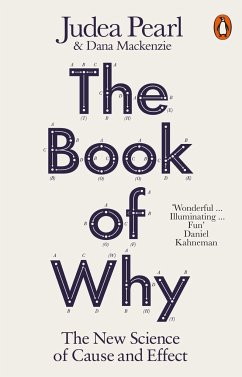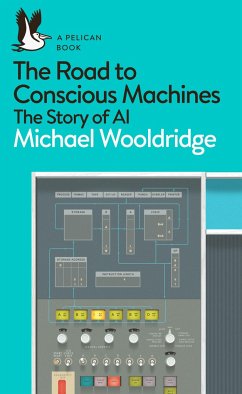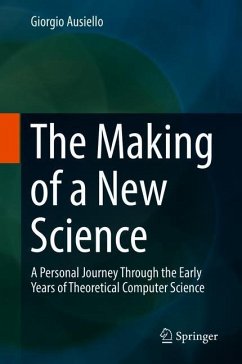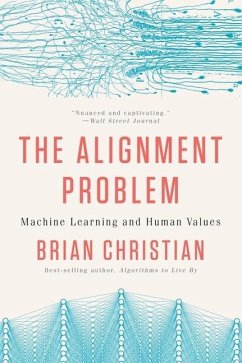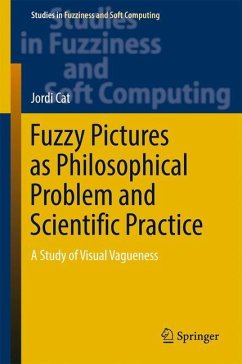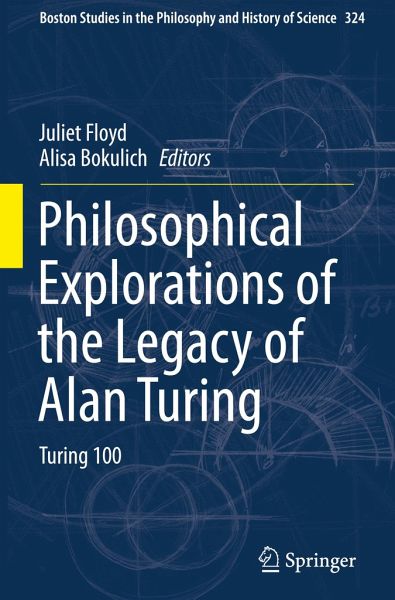
Philosophical Explorations of the Legacy of Alan Turing
Turing 100
Herausgegeben: Floyd, Juliet; Bokulich, Alisa

PAYBACK Punkte
49 °P sammeln!
Chapters "Turing and Free Will: A New Take on an Old Debate" and "Turing and the History of Computer Music" are available open access under a Creative Commons Attribution 4.0 International License via link.springer.com.





